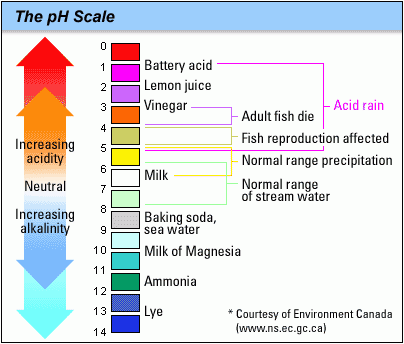FAQ
Whether its the high water bill that you do not agree with or the water leak that you cant find thats driving you mad, here are some tips and information that we hope you find useful.
Hot water heater pop off valve giving you a fit? It could be a faulty pop off valve. If you have already checked this out, check to make sure that the temperature isn’t turned up to high. Expansion caused by the heated water could be causing the pressure to build up too high in a closed water line system. Another rare, but possible condition, is if the problem just started after repairing or replacing parts to the holding tank of a toilet at your residence. Most older styles have a floating ball connected to an arm for the water level cutoff. This style can actually allow surging water pressures to be released at the holding tank of the toilet instead of at your hot water heater. Some newer styles of water level cutoffs do not allow this to occur .
None of these ideas help? Then you may want to look into purchasing an expansion tank. This will hold and siphon the water that is spilling from the pop off valve and eliminate any damages that could occur.
Do you have a toilet that you feel suspicious about leaking? Here’s one way to find out. Take some food coloring or kool-aid, anything safe and potable with a color additive, and pour it into the holding tank of the toilet. If the color additive makes its way to the inside of the bowl, the flap in the holding tank is faulty or the chain may just need adjusting. Its not unusual to see increases in water usage of up to 20,000 gallons a month because of a faulty toilet flapper. It really brings a new light to the the old saying, “your flushing your money down the toilet.”
The area we live in is notorious for hard water. “Hard Water” was originally termed as such, due to it being more difficult to work with. It takes more soap, shampoo and detergent to do the same job that soft water can do with less. With all of the limestone and minerals in our area that are dissolved into the water, its just a natural occurance. But, we are not alone. According to the U.S. Geological Survey, at least 85% of the U.S. has hard water. After treatment, the water coming to your home is categorized as, “slightly or moderately hard”. Still, calcium deposits are a very common thing to find and can be very hard on your appliances that use water. These deposits look like a white film or small white stones that you can crush between your fingers. They can clog up sink and shower heads. Clog up the screens on your washing machine hoses and dishwasher. Even build up and fill your entire hot water heater. If your having trouble with low flows coming through only certain sinks or appliances, you may want to start your troubleshooting by unscrewing a few faucet screens and see if there is any buildup of calcium that needs removing.
A water softener is also an option that you might want to look into. It takes the calcium or magnesium from the water and replaces it with either sodium or potassium. It will eliminate the calcium deposits and the softer water will be easier on your appliances. It may even add some lifetime. But, dont forget, it will require some maintenance.
pH Scale

Pressure regulators are a necessity for most homes in our area. The main reason is due to the hills and valleys that surround us all.
H.B.& T.S. pumps water to elevated or ground level water storage tanks atop hills to assure an adequate water pressure to every residence. Therefore, the water pressure to your residence is determined by the elevation of the storgae tank in your area in comparison to the elevation of your home.
To make it simple: It takes 1 pound of water pressure to move water 2.31 feet in elevation. If you have 100 pounds of pressure at your residence, you live 231 feet below the level of the water storage tank in your area. If you have 10 pounds of pressure, you live 23 feet below the water storage tanks water level in your area.
To serve water to a residence, the water utility must be able to maintain a water pressure of 20 pounds at the location of the residences water meter. Therefore with all the hills and valleys causing so many differences in elevation in our area and for the district to maintain an adequate pressure across our entire water district, some extremes in water pressure to residences do occur.
This is where a water pressure regulator comes into use. Most regulators you find at a local hardware or plumbing store will already be preset for a water pressure between 50 and 70 pounds. These pressure levels are easier on your plumbing fixtures compared to you maybe having 120 pounds of pressure and also give adequate pressure for watering or showering.
If you are constantly having to do repair work on sink fixtures or toilets, it may possibly be do to high water pressure and the installation of a pressure regulator may be your best bet.
H.B.& T.S. does not install pressure regulators. We are here to supply the water to your home and to try and serve as many people as possibe in our district. We do not determine how much pressure you as a customer may want or need.
More to come soon! .